Smart speakers that play music, curate shopping lists, and much more; doorbells with fully functional cameras that connect directly to mobile phones; geysers, air conditioners, and other appliances that can be controlled from smartphones; the list goes on and on. While these devices offer us a lot of conveniences, they also increase the number of access points for hackers to acquire private and sensitive information. According to Checkpoint analysts, there are several basic techniques you may apply to keep these devices safe.
Here is the List of 7 Safety and Security Recommendations for Your Smart Home Devices
Upgrade the software

This rule is straightforward: The software of your smart home devices, like that of all other electronics (phones, laptops, and so on), must be updated on a regular basis.
Check to see if your router is encrypted
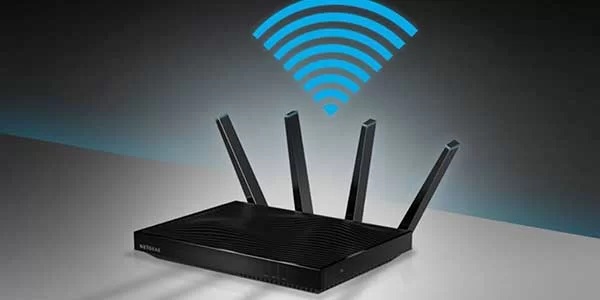
Using the greatest degree of encryption on your router can assist to keep your data safe. Keep in mind that any internal Wi-Fi extenders or powerline home networks might also be encrypted. This will offer an extra layer of security to your router as well as your smart gadgets.
Change your router’s default password
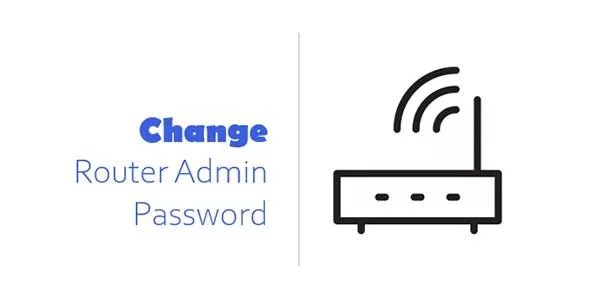
This is not the same as your Wi-Fi passwords. Most routers come with a basic default password to make it easier to set up when they’re first installed, but hackers can guess it just as easily. There are even lists of the most prevalent ones on the internet. As a result, make sure you replace them as soon as possible.
Create a separate Wi-Fi network with no sharing
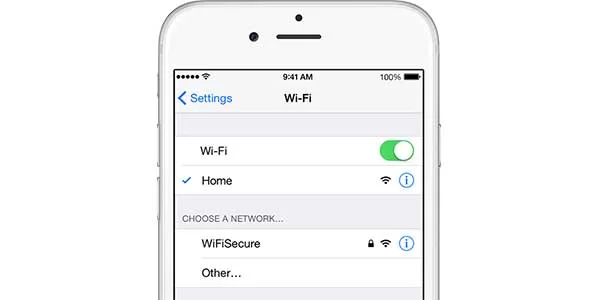
You can set up a separate network for your smart home devices on most routers. This gives an additional layer of protection. This means you should set up a ‘guest setting’ in your Wi-Fi network for friends and family to use when they come to visit.
There are no personal passwords
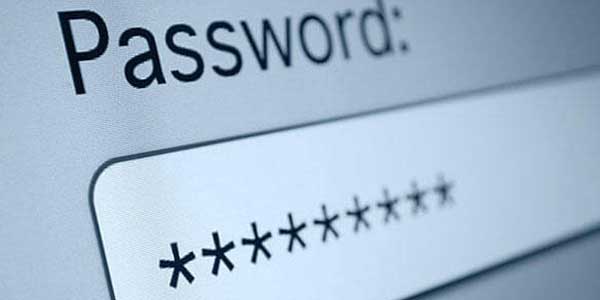
Make sure that the passwords you create for your devices are both random and difficult. Consider using a password manager to keep your devices secure if you find complicated passwords difficult to remember.
Go for two-factor authentication (2FA)
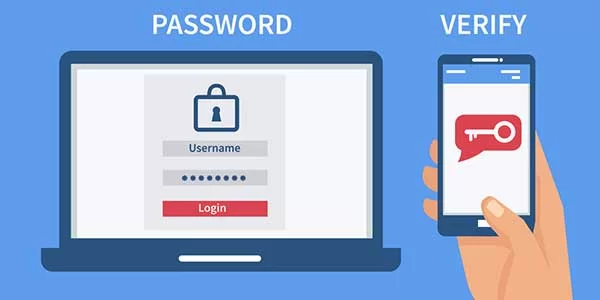
Setting up a second form of authentication, known as two-factor authentication or 2FA, can help keep your devices secure.
Maintain the security of your work devices
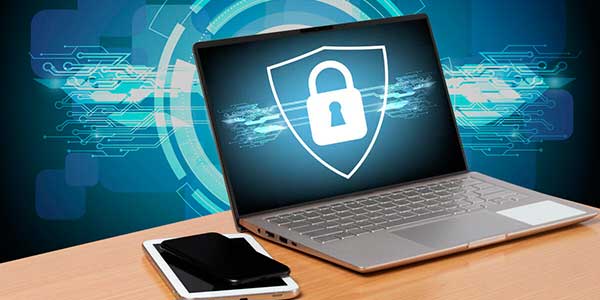
With more people working from home, it’s critical that your business devices be safeguarded equally as well as your personal devices while using your home Wi-Fi. This may be accomplished by ensuring that your devices are up to date with the most up-to-current anti-malware technology. You can lessen the threat presented to your smart devices by keeping them secure.
Home Automation >> News & Updates >> 7 Safety and Security Recommendations for Your Smart Home Devices